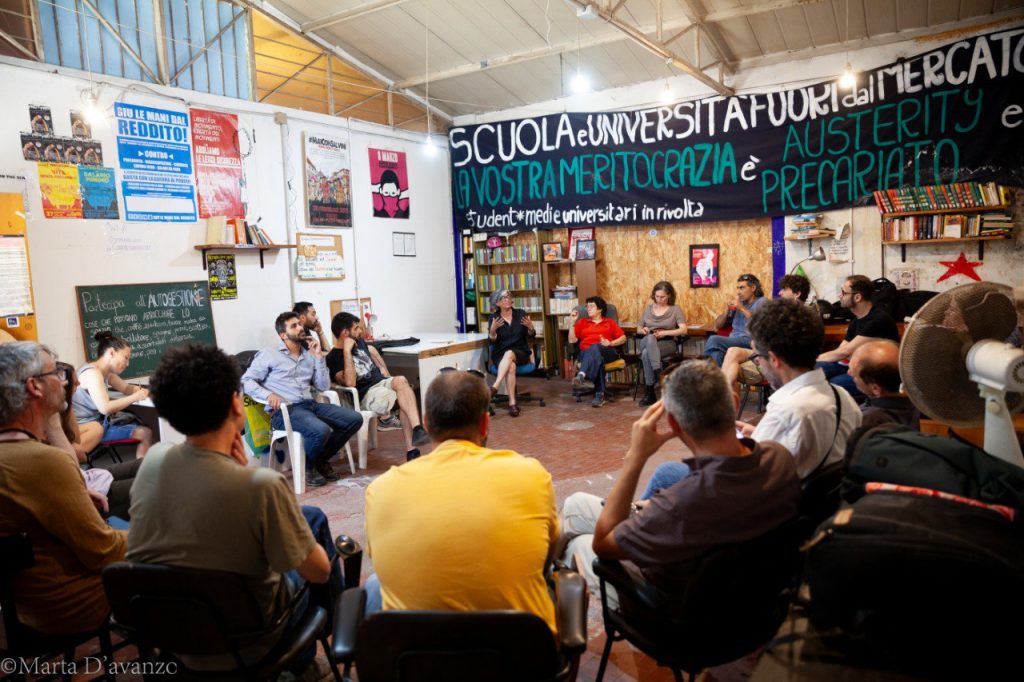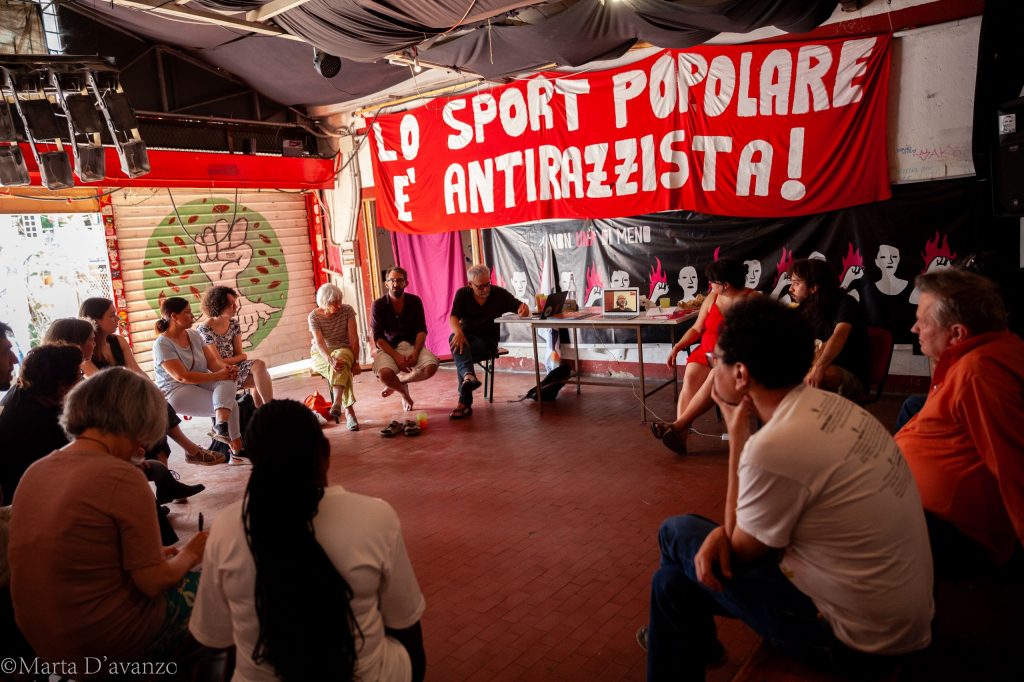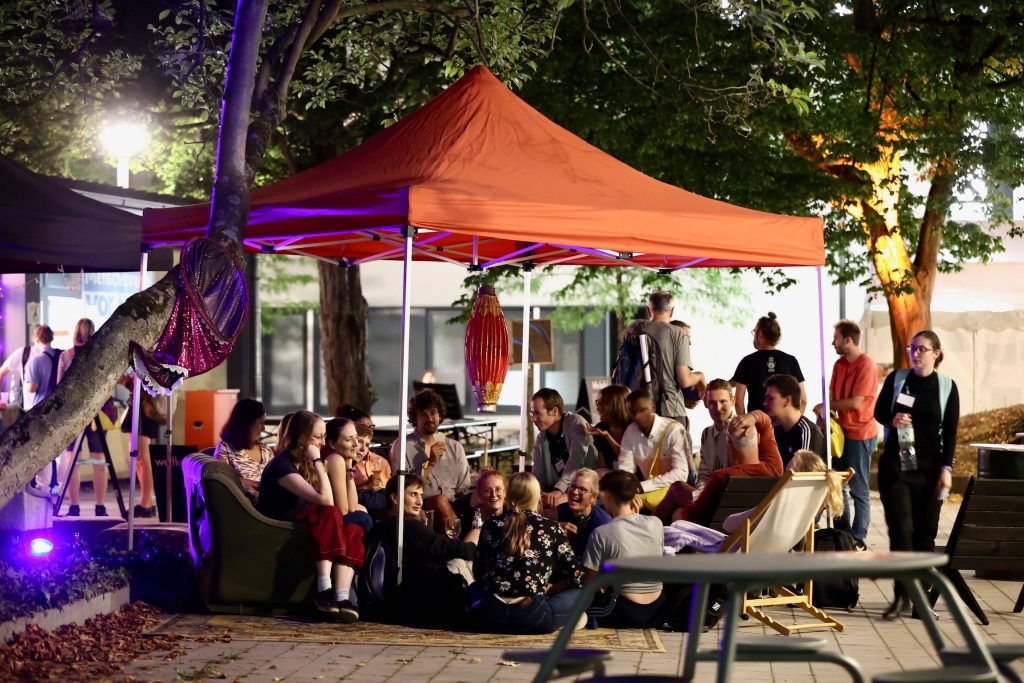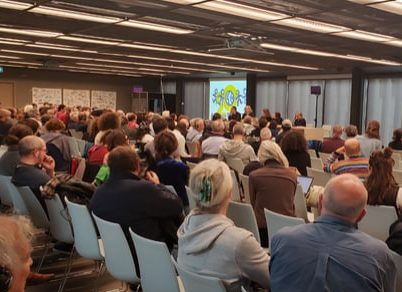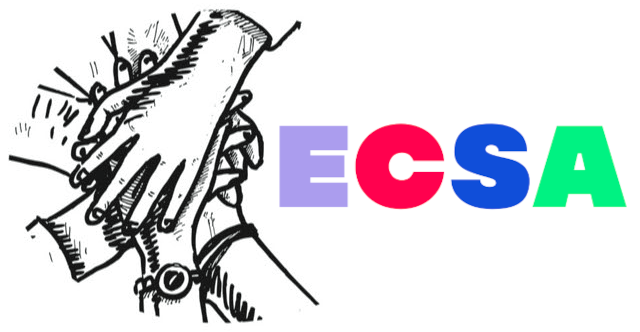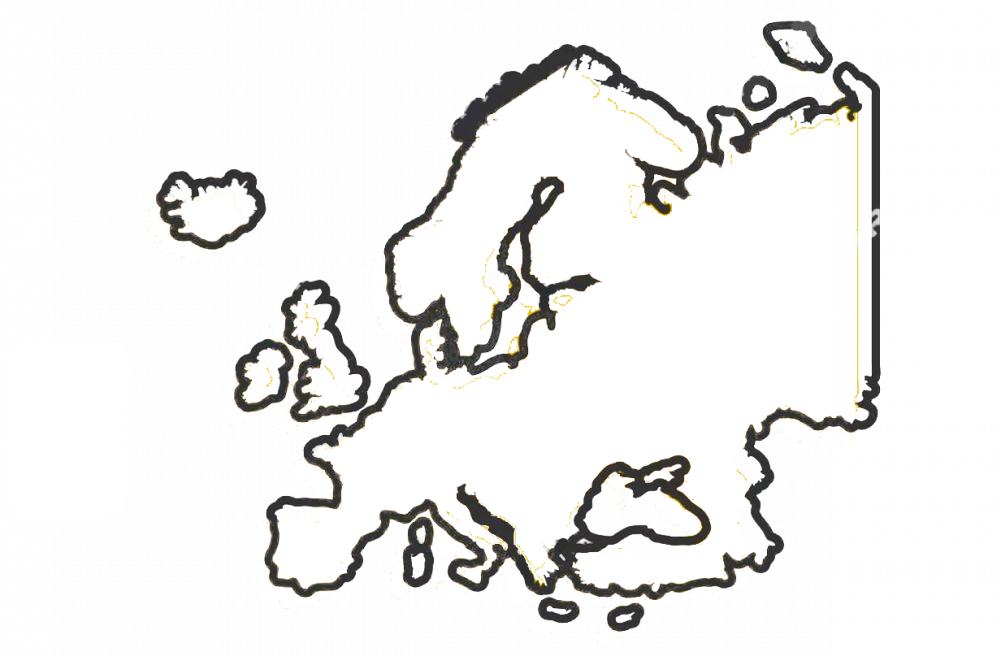
We are living in a crucial moment of human history, a time when the actions and decisions we take today will have a profound impact on the future of our planet and its inhabitants. For us, in this context, ‘alter globalism’ and internationalism are not just noble ideas; they are an urgent necessity. The challenges we face – such as climate change, biodiversity loss, economic and social inequalities – know no borders. They are global in cause and effect. So our responses must also be global. By joining forces across Europe and beyond, we can start to share knowledge, strategies and resources, to create a more powerful and effective movement. At present we have a large number of thematic networks in Europe, however we no longer have a common space for all social and citizens’ movements to share our experiences and challenges and to develop joint initiatives and mobilisations.
Earlier in the 2000s this role was played by the European Social Forums (ESF) which was inspired by the World Social Forum (WSF), an initiative launched in 2001 in Porto Alegre, Brazil, as a counter-summit to the Davos World Economic Forum. The WSF was designed as a space for organisations and social movements opposing neoliberalism and capitalist globalisation to meet, exchange ideas, and develop strategies. The European Social Forums adopted this approach, focusing on issues specific to Europe. The first ESF took place in 2002 in Florence, Italy, gathering thousands of activists, non-government organisations, unions, and other civil society groups. The event was marked by debates, workshops, seminars, and cultural events, all centred on issues such as peace, democracy, human rights, the environment, and social and economic justice. Following the success of Florence, other forums followed in different European cities.
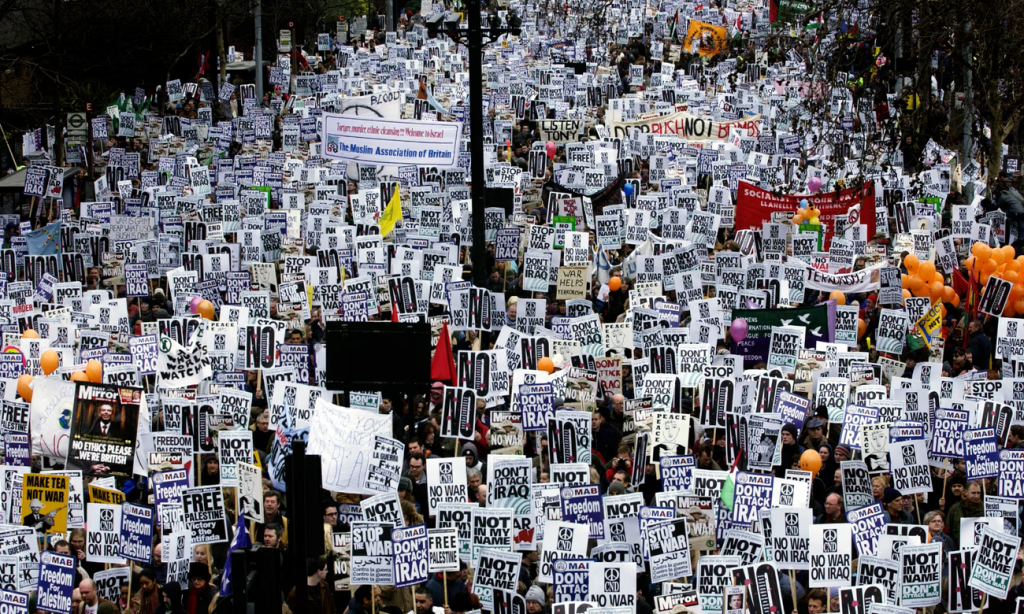
The ESFs played a key role in facilitating exchanges among various movements and helped to create greater solidarity and coordination among them. However, over time, their influence and visibility have diminished, partly due to the changing political and social landscape in Europe as well as internal challenges, such as funding, organisation and a lack of political victories.
Over the last two years, numerous meetings and conferences have provided an opportunity to discuss this absence and to make a modest attempt to rebuild a new common space, different but informed by what we learned from the ESF experience, its successes, but also its failures.
It’s all just beginning. We intend to bring together more social and citizens’ movements, as well as individuals, from diverse origins and backgrounds to start building a caring society: old movements with a determination to do things differently, as well as new movements with different experiences and alternative organising methods, are joining us.
The Marseille encounter is an important step for this project. It will be held six weeks before the elections to the European Union parliament. This does not mean that this event is limited to EU countries; the whole continent is concerned and we will do our utmost to bring together activists from all over Europe as well as guests from the southern shores of the Mediterranean.
The steering Committee is a broader group of movements and organisations sharing the overall responsibility of both the process and the common events. It’s an open working group, with the following organisations taking part for now :
2022Firenze; Alter Summit; Another Europe is Possible; ARCI; ATTAC France; ATTAC Germany; ATTAC Marseille; ATTAC Spain; CADTM; CEDETIM/IPAM; Confederación Intersindical; Confédération paysanne; Confederazione COBAS; Copernic/IR-FSU; Corporate Europe Observatory (CEO); CRID; Decolonising LSE; Demos – Institute of Critical Thought; EAC (European coalition 4 right to housing and to the city); Ecologistas en Acción; ENSU; European Alternatives; European Assembly of Citizens (AEC); Feminist Antimilitarist Collective (FAK); Fondation Copernic; Friends of the Earth Sweden; Fundació Neus Català; Global Justice Now; Institut La Boétie; Ligue des droits de l’Homme (LDH); Maison commune de la décroissance; Marseille pour l’Ukraine; Medicina Democratica; Next Planning; Norwegian Social Forum; RIPESS Europe – Solidarity Economy Europe; Rosa-Luxemburg-Stiftung Brussels; Solidarity for All; transform!europe; Université Populaire de Marseille Métropole; Women’s International League for Peace and Freedom (WILPF).
